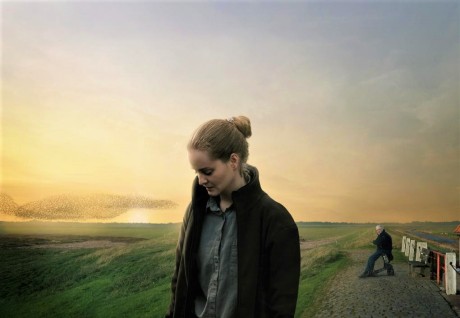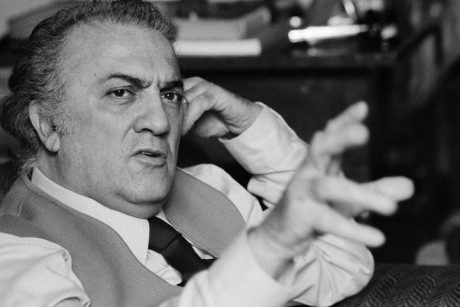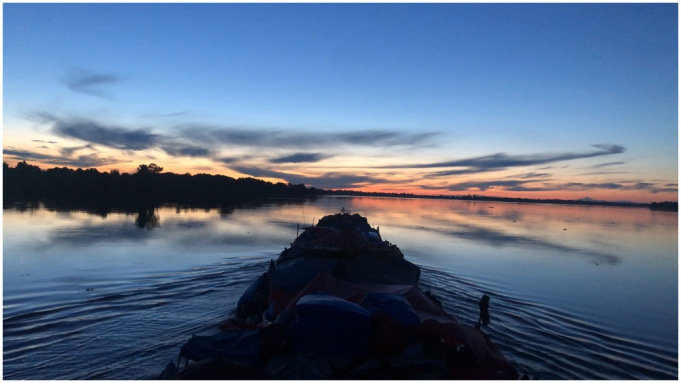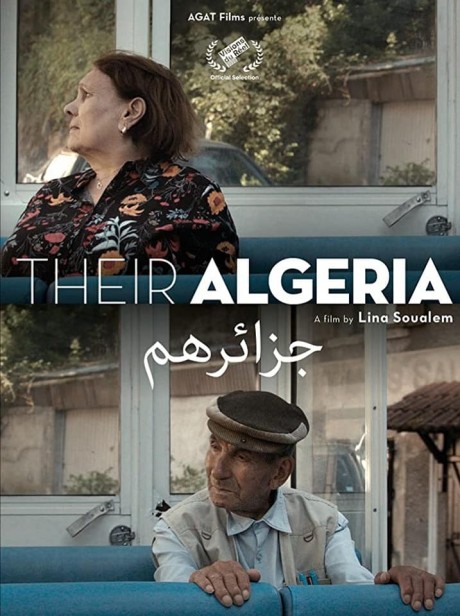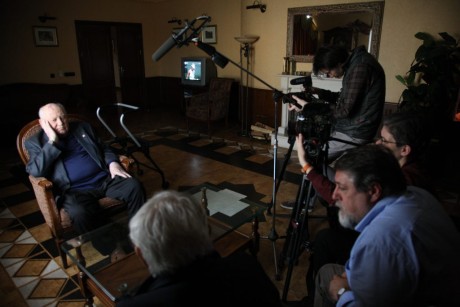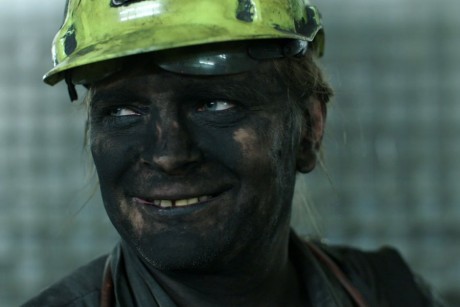


IDFF Artdocfest / Riga postponed to spring 2021
In the situation of sharp increase of Covid-19 cases by the decision of the Cabinet of Ministers of Latvia an Emergency Situation is introduced for the period of November 9th – December 6th, 2020.
In this regard we are forced to announce the impossibility of holding IDFF Artdocfest/Riga which was to start at the November 26th.
We also decided not to run the online version of the festival as we claim that only the live connection between the viewers and the filmmakers, the magic of premieres on the big screen and in-depth discussions of the industry representatives are the true meaning of phenomena we call a real film festival.
Now, 20 days before the IDFF Artdocfest /Riga we have carried out 100% of the preparations but in this situation we have been forced to make a decision to postpone the festival until the spring of 2021.
IDFF Artdocfest/Riga will be held in April, 2021.
All the films selected for both competition programs and out-of-competition screenings remain in our programs and hold the invitation to participate in the festival.
Considering Force Majeure, unfortunately, this year we cannot insist on keeping the status of Latvian premiere. However, we would be grateful if the authors refrain from screening the films in Latvia until April next year.
We are moving the Riga Documentary Symposium along with the festival to April.
We will try to keep everything as planned including the screening schedule and even the jury.
We apologize for the inconveniences caused but we will compensate this fully with great hospitality in the first & joyful spring after “the plague” at the first IDFF Artdocfest/Riga!
Vitaly Manski
The President of Artdocfest
In this regard we are forced to announce the impossibility of holding IDFF Artdocfest/Riga which was to start at the November 26th.
We also decided not to run the online version of the festival as we claim that only the live connection between the viewers and the filmmakers, the magic of premieres on the big screen and in-depth discussions of the industry representatives are the true meaning of phenomena we call a real film festival.
Now, 20 days before the IDFF Artdocfest /Riga we have carried out 100% of the preparations but in this situation we have been forced to make a decision to postpone the festival until the spring of 2021.
IDFF Artdocfest/Riga will be held in April, 2021.
All the films selected for both competition programs and out-of-competition screenings remain in our programs and hold the invitation to participate in the festival.
Considering Force Majeure, unfortunately, this year we cannot insist on keeping the status of Latvian premiere. However, we would be grateful if the authors refrain from screening the films in Latvia until April next year.
We are moving the Riga Documentary Symposium along with the festival to April.
We will try to keep everything as planned including the screening schedule and even the jury.
We apologize for the inconveniences caused but we will compensate this fully with great hospitality in the first & joyful spring after “the plague” at the first IDFF Artdocfest/Riga!
Vitaly Manski
The President of Artdocfest
